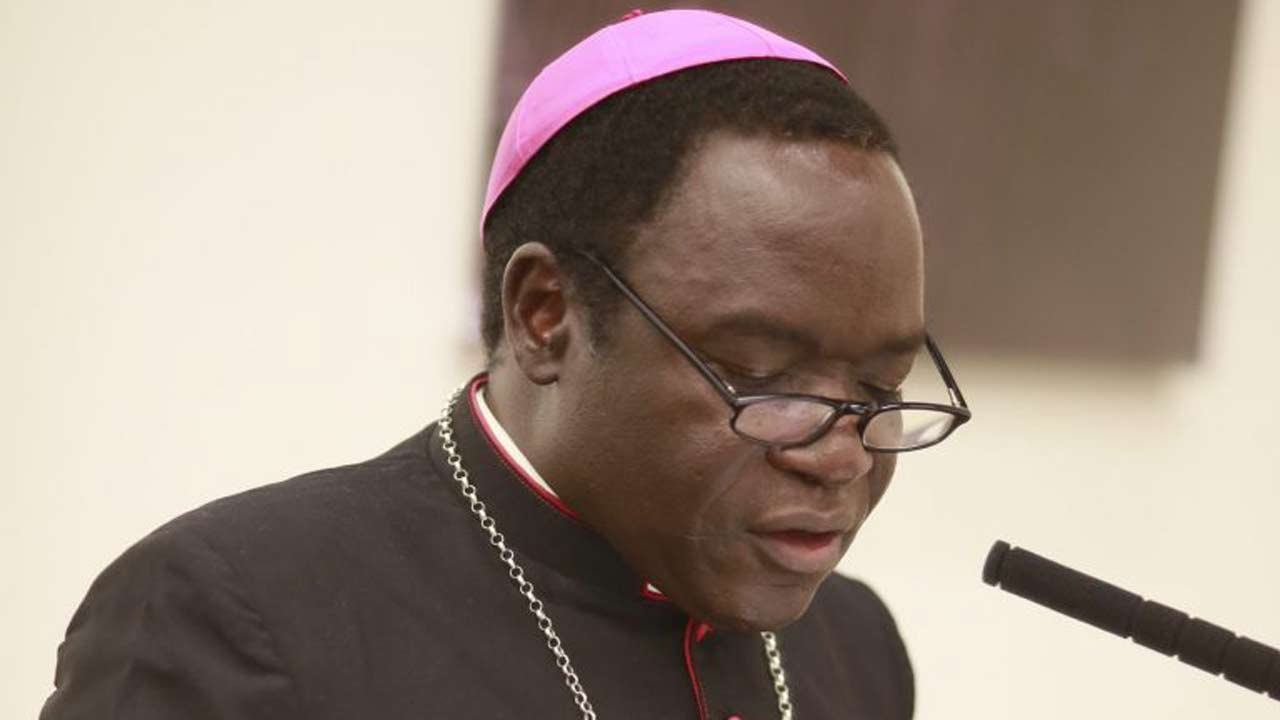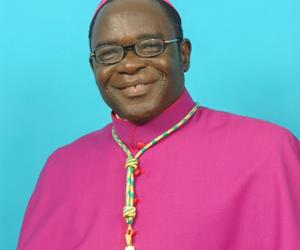Bishop Kukah Rejects Labelling Nigeria ‘Country Of Concern,’ Says Tinubu Government Showing Signs Of Reform

Nigeria’s Catholic Bishop of Sokoto Diocese, Matthew Hassan Kukah, has urged the international community—particularly the United States—not to redesignate Nigeria as a “Country of Particular Concern” (CPC) for religious freedom violations, warning that such a move could heighten tensions and undermine ongoing national reforms.
Kukah Urges Partnership, Not Punishment
Speaking at the launch of the Aid to the Church in Need (ACN) 2025 World Report on Religious Freedom, Bishop Kukah said the moment calls for vigilance and collaboration rather than stigmatizing labels.
“Re-designating Nigeria a Country of Concern will only make our work in dialogue among religious leaders harder. It will increase tensions, sow doubt, open windows of suspicion and fear, and simply allow the criminals and perpetrators of violence to exploit.”
— Bishop Matthew Hassan Kukah (via Premium Times)
Admitting Nigeria’s Challenges
The cleric acknowledged Nigeria’s serious internal challenges—terrorism, banditry, communal clashes, and religiously motivated attacks—but cautioned against framing them as government-sponsored persecution. He argued that the roots include poverty, corruption, ethnicity, and governance failures, which require long-term reforms and inclusive leadership.

Hopeful Signs Under President Tinubu
While maintaining his independence as a cleric, Bishop Kukah noted visible signs of reform under President Bola Ahmed Tinubu’s government. He highlighted the inclusion of Christians in strategic national positions and commended the President’s personal outreach after violent incidents as confidence-building steps toward national healing.

Why the CPC Designation Matters
The U.S. CPC designation is a diplomatic tool that can trigger sanctions or formal censure. Nigeria was listed in 2020 and removed in 2021. Kukah warned that reinstatement now could undermine inter-faith dialogue, civil–state cooperation, and reform momentum, while empowering extremist narratives.
Potential Implications
- International Relations: Possible strain on Nigeria–U.S. cooperation in security and trade.
- Domestic Reforms: Risk of discouraging reformers and weakening community trust-building.
- National Unity: Labels can harden identities and deepen communal suspicion.
- Policy Trajectory: Negative global optics could overshadow early signs of inclusivity and governance repair.
.png)


Comments